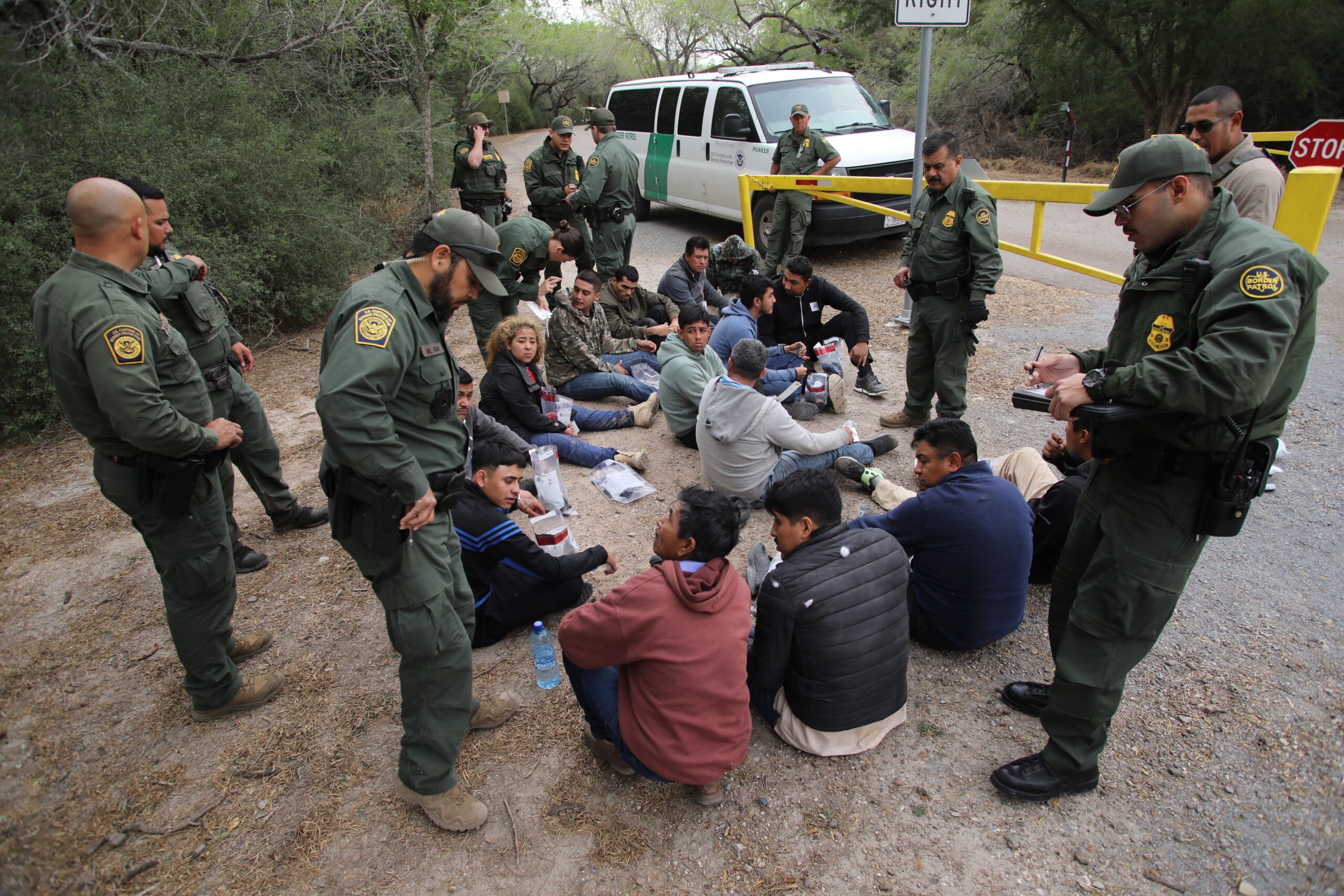A federal judge on Friday temporarily blocked an Oklahoma law making illegal immigration a state crime after the state was sued by the Biden administration.
The ruling by Oklahoma U.S. District Judge Bernard M. Jones said the state law, which aims to give local police more authority in curbing illegal immigration than federal statutes allow, appears on its face to be an unconstitutional intrusion into a matter properly left for enforcement by federal authorities. He halted the law with a temporary injunction.
“While today’s court ruling is disappointing, I will not stop fighting for Oklahoma and our right to protect our borders. The Biden Administration’s complete failure to enforce federal immigration laws made House Bill 4156 a necessity,” he said. “We intend to appeal today’s decision and defend one of the most powerful tools we have to fight the criminal activity largely being fueled by illegal aliens in Oklahoma.”
Under the law, state legislators authorize Oklahoma highway patrol to arrest people for coming into this country without documents. If convicted, such a person would be guilty of “impermissible occupancy,” punishable by up to a year in jail and fines of $500. The person would also have to exit the state within 72 hours “after his or her conviction, after he or she is released from incarceration whichever comes last.” A second offense is a felony and is punishable by up to two years in prison and a fine of $1,000. Once more, the person would be required to depart within 72 hours after conviction or upon release from confinement.
The law was set to go into effect July 1, after clearing the Senate by a vote of 39-8 and the House by a vote of 77-20 earlier this year.
The Justice Department filed a lawsuit against the state after it passed the law, claiming that it violated and never should have been implemented.
“While this Court may very well be sympathetic to the concerns raised by Oklahoma, such concerns should not — and, indeed, cannot — be allowed to undermine the long-standing, comprehensive federal framework that defines immigration policy. Sensitive matters of immigration policy ‘must be made with one voice,’” Jones wrote. “And for better or for worse, that voice belongs not to one individual state, but to the United States.”
Oklahoma is one of multiple states, Texas and Iowa among them, where legislatures passed measures intended to make local police more aggressive with migrants arriving as part of the Biden surge.






